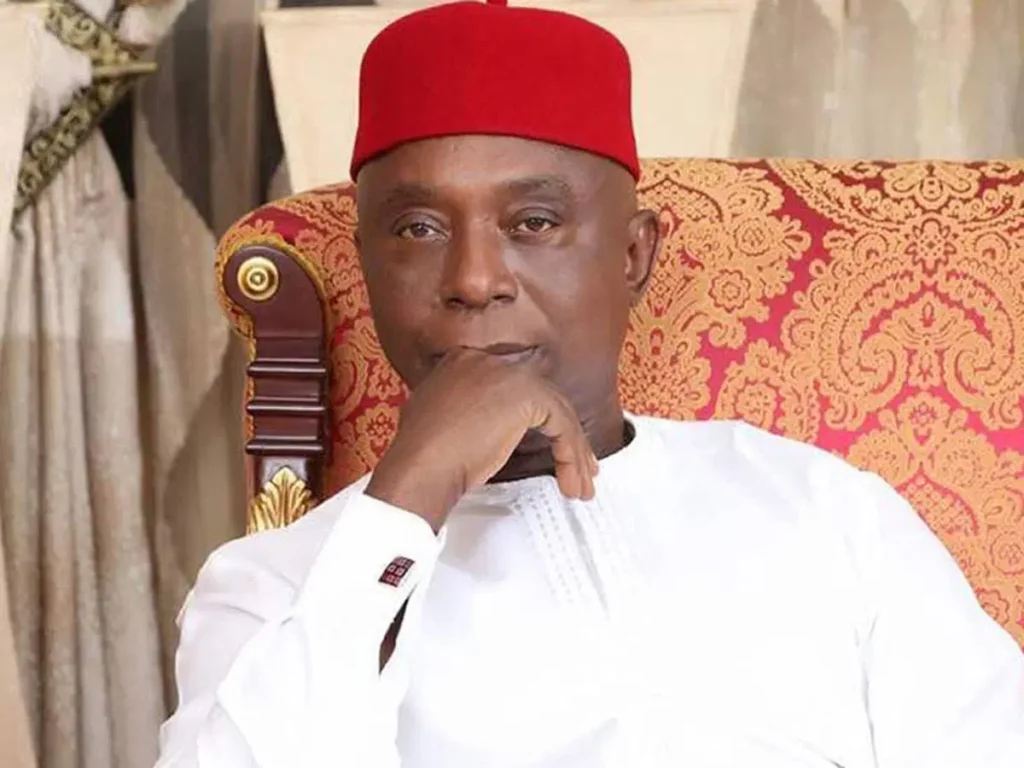
Senator Ned Nwoko (PDP-Delta) has urged President Bola Tinubu to replace the Ministry of Humanitarian Affairs with a National Social Security Agency.
Nwoko made this appeal in an open letter to Tinubu on Monday in Abuja. The letter, titled “Reimagining Nigeria’s Social Safety Net: A Call to Replace the Ministry of Humanitarian Affairs with a National Social Security Agency Under the Office of the President,” argues for a more effective approach to social welfare.
Representing Delta North Senatorial District, Nwoko believes that establishing the National Social Security Agency would better protect the rights and dignity of Nigeria’s most vulnerable citizens. He asserts that the new agency, positioned under the Office of the President, would align Nigeria with global standards and improve the implementation of fundamental livelihood principles, including equity, enterprise, and engagement.
In his letter, Nwoko highlights the urgency of addressing socio-economic challenges. He notes that current issues of poverty and societal decay have reached critical levels. “The cries of hunger echoing through our streets signify more than mere food shortages,” he states. “They represent the voices of millions of Nigerians stripped of dignity and surviving in a system that has repeatedly failed them. These are not just protests; they are a collective outcry against the indignity of living without basic needs or hope for a better future.”
Nwoko criticizes the existing Ministry of Humanitarian Affairs, describing it as a temporary solution that fails to address the root causes of poverty and perpetuates dependency. He argues that social security should be recognized as a fundamental right rather than an act of benevolence. He calls for a transformative change that will establish a more equitable and sustainable system.
He advocates for the creation of a National Social Security Agency, which would directly address the needs of vulnerable populations through a more efficient and empowering system. This approach would ensure that citizens feel secure in their basic needs and provide the government with the capacity to focus on other critical areas.
Nwoko also emphasizes the importance of targeting support for specific groups, including the elderly without pensions, disabled individuals, widows, orphans, and those who have suffered significant losses. He argues that these groups deserve not only to be seen but to be supported with the dignity and respect they are owed.
He concludes by noting that current poverty alleviation efforts have been ineffective. Despite numerous programs introduced over the years, poverty remains pervasive, with approximately 40 percent of Nigerians living below the poverty line, a 33 percent unemployment rate, and over 3 million internally displaced persons. Nwoko’s call reflects a pressing need for a new approach to address these persistent challenges
